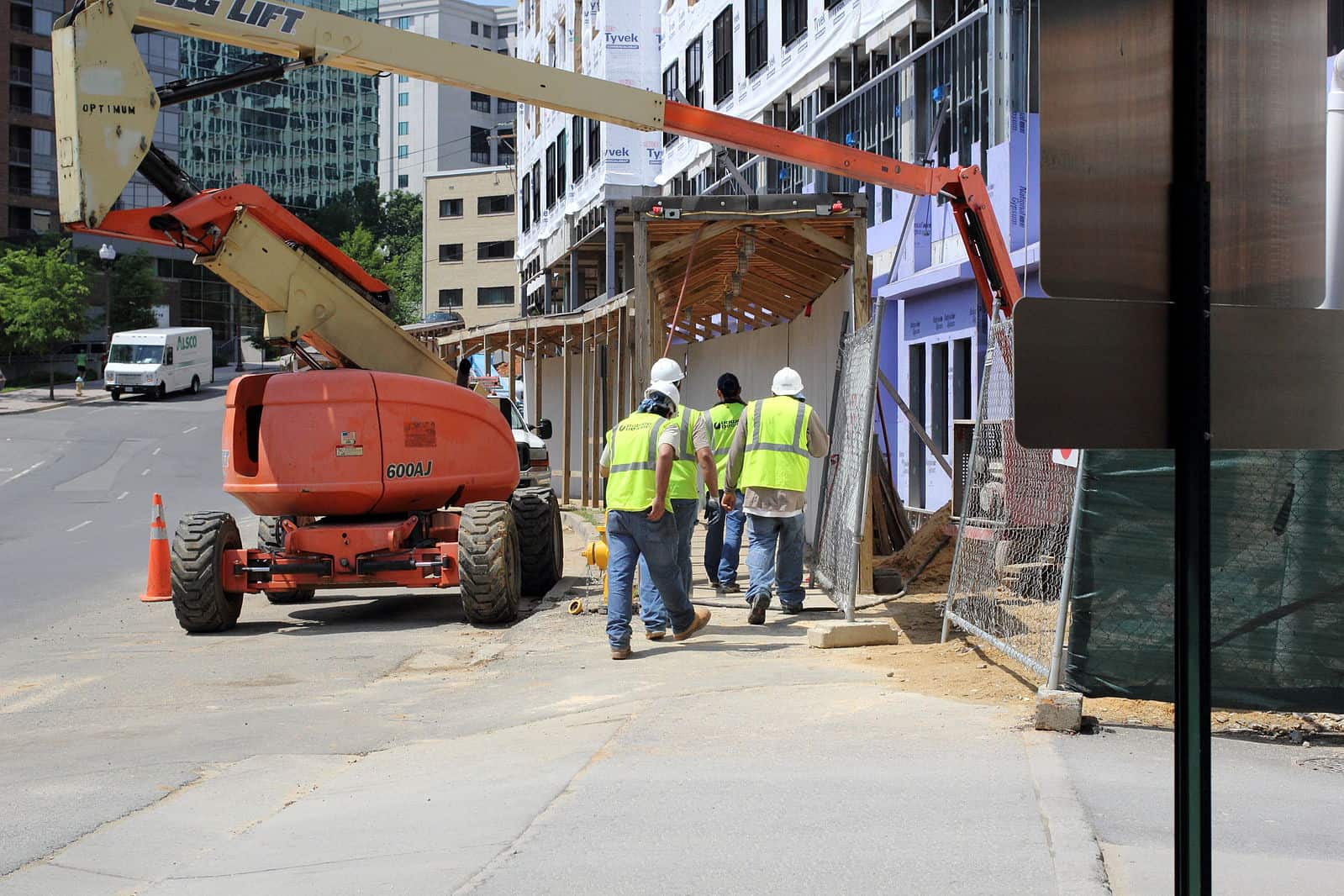
Iman Masmoudi is a student at Harvard Law School.
Conflicts continue between union workers and the corporation over Pride at Starbucks and immigrant women seek jobs in construction in New York City.
Starbucks has responded to widespread worker anger by announcing it plans to issue “clearer guidelines” for in-store visual displays following allegations by a union that managers had banned Pride-themed decor. The company denies the allegations and has filed complaints against the union with the National Labor Relations Board. Starbucks has stated that store leaders can decorate stores for heritage months such as Pride, in line with safety standards, and that it will continue to provide flexibility for stores to “reflect the communities they serve.” The union claimed that store employees in various states were told that Pride decorations were not allowed, leading to a strike by baristas at several unionized locations. More Perfect Union reports on a local manager who admitted a decision was made not to decorate for Pride inside the stores. Starbucks denies engaging in illegal anti-union activity and maintains that it supports the LGBTQIA+ community.
The clash over Pride decorations represents the latest dispute between Starbucks and the union, which has organized around 300 of the company’s corporate-run US cafes since late 2021. The union has accused Starbucks of illegal anti-union tactics, while the company claims that the union has failed to respond to bargaining sessions. The National Labor Relations Board has dismissed previous complaints by Starbucks against the union regarding failure to bargain.
More migrant women are entering New York City’s construction industry, the NYTimes reports, seeking steadier work and better pay amid a growing number of asylum seekers. Despite facing sexism, exploitative labor practices, and hazardous conditions, these women view construction as a pathway to a better life for themselves and their families. The growing number of women in the industry challenges what they see as the prevailing “culture of machismo” and may pave the way for future asylum seekers. The demand for construction jobs is high, with the city issuing three times as many Site Safety Training cards this year compared to 2019. While the industry poses significant risks, the workers view it as an opportunity for job security and wage growth. However, wage theft and exploitative practices remain significant concerns, especially for undocumented workers in such an ad hoc industry. Many women start with low-paying tasks that resemble the domestic work they aim to escape, but they hope to move into more specialized roles over time and with more training.






Daily News & Commentary
Start your day with our roundup of the latest labor developments. See all
July 4
The DOL scraps a Biden-era proposed rule to end subminimum wages for disabled workers; millions will lose access to Medicaid and SNAP due to new proof of work requirements; and states step up in the noncompete policy space.
July 3
California compromises with unions on housing; 11th Circuit rules against transgender teacher; Harvard removes hundreds from grad student union.
July 2
Block, Nanda, and Nayak argue that the NLRA is under attack, harming democracy; the EEOC files a motion to dismiss a lawsuit brought by former EEOC Commissioner Jocelyn Samuels; and SEIU Local 1000 strikes an agreement with the State of California to delay the state's return-to-office executive order for state workers.
July 1
In today’s news and commentary, the Department of Labor proposes to roll back minimum wage and overtime protections for home care workers, a federal judge dismissed a lawsuit by public defenders over a union’s Gaza statements, and Philadelphia’s largest municipal union is on strike for first time in nearly 40 years. On Monday, the U.S. […]
June 30
Antidiscrimination scholars question McDonnell Douglas, George Washington University Hospital bargained in bad faith, and NY regulators defend LPA dispensary law.
June 29
In today’s news and commentary, Trump v. CASA restricts nationwide injunctions, a preliminary injunction continues to stop DOL from shutting down Job Corps, and the minimum wage is set to rise in multiple cities and states. On Friday, the Supreme Court held in Trump v. CASA that universal injunctions “likely exceed the equitable authority that […]